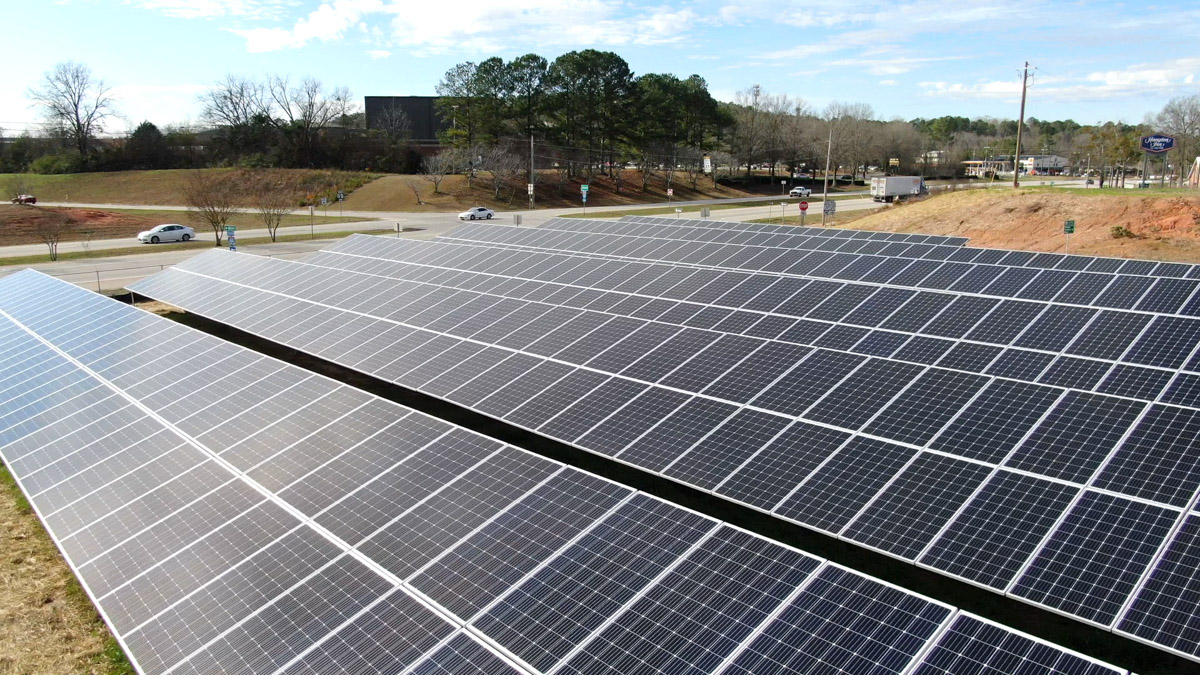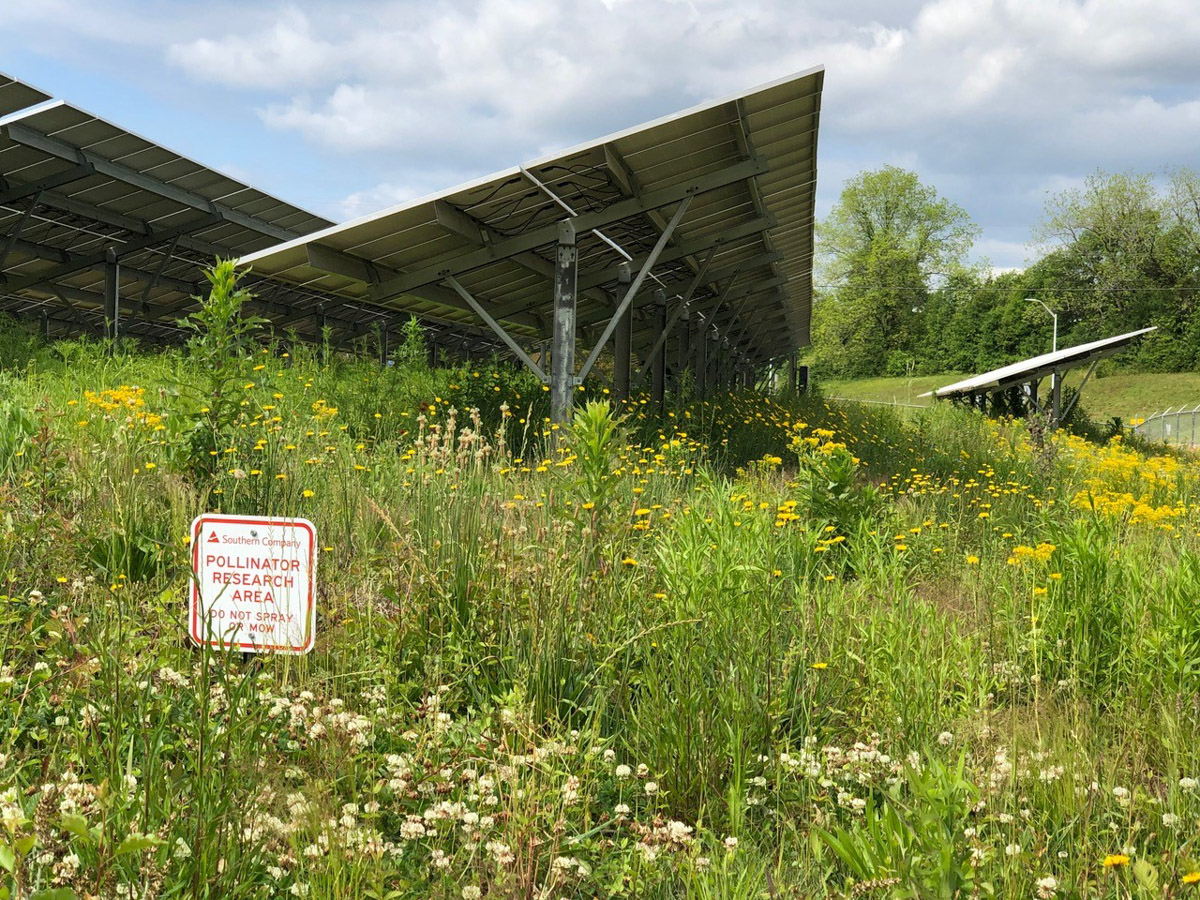Investing in clean energy solutions in the South

The Arthur M. Blank Family Foundation recently awarded a $60,000 grant to the North Carolina Clean Energy Fund (NCCEF) to support clean energy development. NCCEF is a nonprofit organization dedicated to supporting North Carolinians and the clean energy economy through the provision of financial and informative support. NCCEF utilizes public and private capital to catalyze investments in clean energy, energy efficiency and green projects in the state.
NCCEF operates on the “Green Bank” model successfully pioneered in other states, including Connecticut, New York and Michigan. Green Banks are mission-driven institutions that use innovative financing to accelerate the transition to clean energy by bringing together commercial, public and mission-driven capital to drive investment in local markets.
“In starting the North Carolina Clean Energy Fund in 2020, we were inspired to find the intersection between energy and finance, especially if clean energy is to be affordable and equitable for everyone,” said Jennifer Weiss, NCCEF Co-Director.
NCCEF works to accelerate investment in clean and efficient energy solutions and increase climate resilience in North Carolina, particularly to the benefit of underserved populations. NCCEF partners with public and private investors, foundations and other nonprofit organizations to deploy sustainable financing solutions that will create long-lasting environmental, economic and social benefits.
NCCEF Co-Director Melissa Malkin-Weber added, “The most important gap to fill is getting clean energy financing into the places in the market that will support affordable housing and underserved communities, in both urban and rural settings.”
In 2023, the Inflation Reduction Act included new provisions that enable tax-exempt entities, including nonprofits, to access investment tax credits previously unavailable to them. But there are still critical barriers that remain. Nonprofits and other tax-exempt entities must have the upfront capital to invest in the projects, since the tax credits are only available months after the project is complete. This creates a need to fill the finance gap between capital expenditure and the receipt of the tax credit, which can take up to 18 to24 months. Another crucial barrier for nonprofit organizations is accurately assessing the financial value proposition of solar and efficiency projects.
To help overcome these barriers, the foundation grant will help NCCEF establish a bridge loan pilot program for nonprofit organizations that will test the feasibility and marketability of a bridge loan and also provide the necessary technical support for the nonprofits.
During Women’s History Month in March, the foundation is proud to support NCCEF, an organization founded and led by women. The NCCEF mission closely aligns with the foundation’s Environment giving area and the strategy to invest in solutions that accelerate the deployment of renewable energy and expand access to clean energy in regional markets in the Intermountain West and Southeast.
Stay Connected
Stay up to date with stories of impact, grants in your neighborhood and other interesting foundation news.
By submitting this form, you are consenting to receive marketing emails from: Arthur M. Blank Family Foundation. You can revoke your consent to receive emails at any time by using the SafeUnsubscribe® link, found at the bottom of every email. Emails are serviced by Constant Contact











